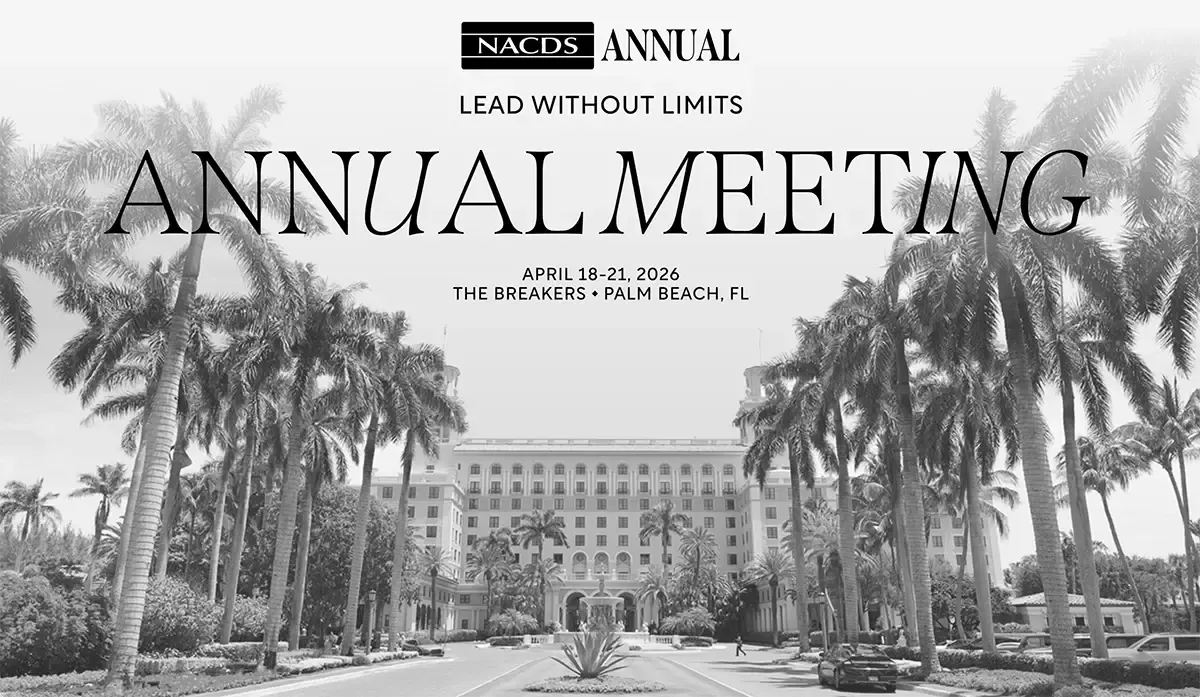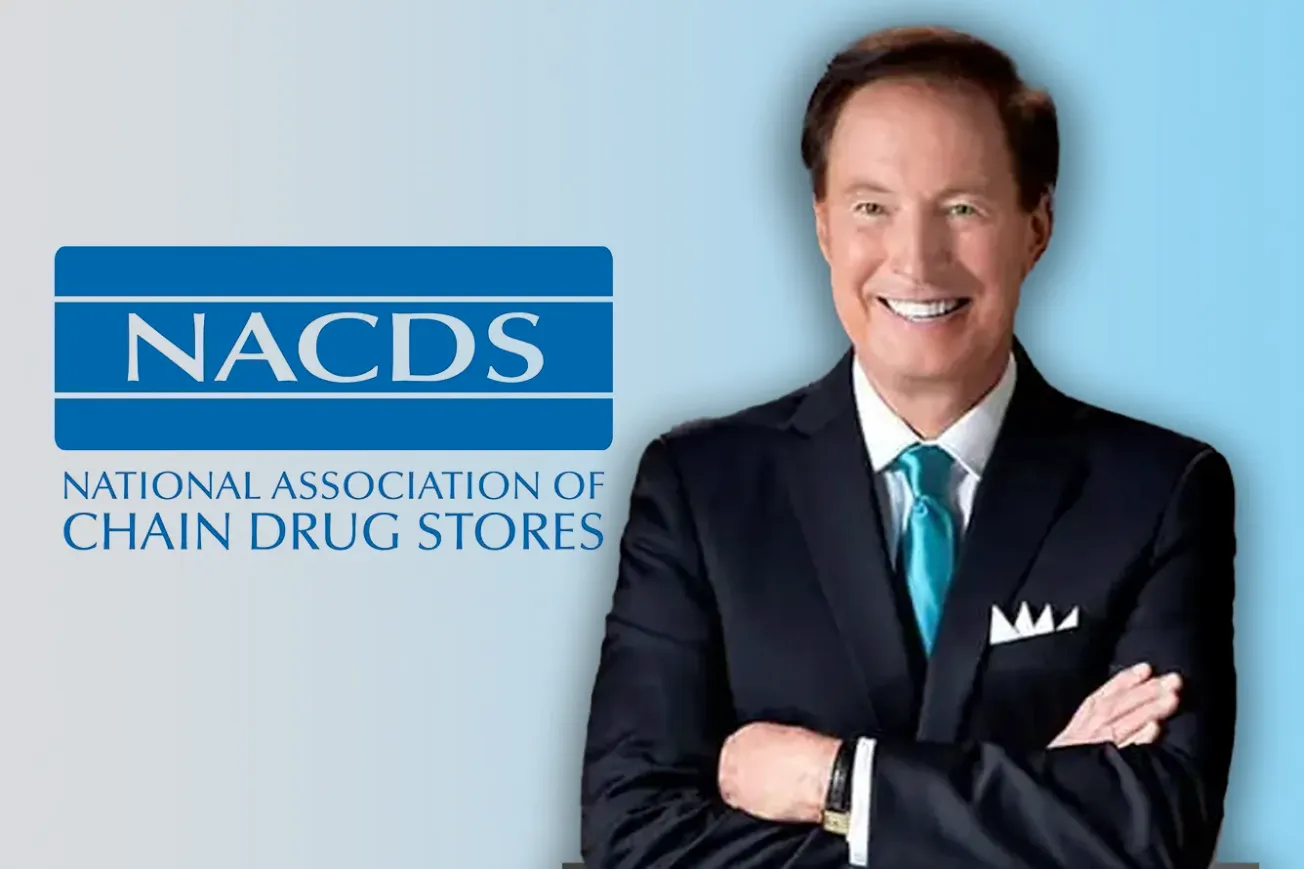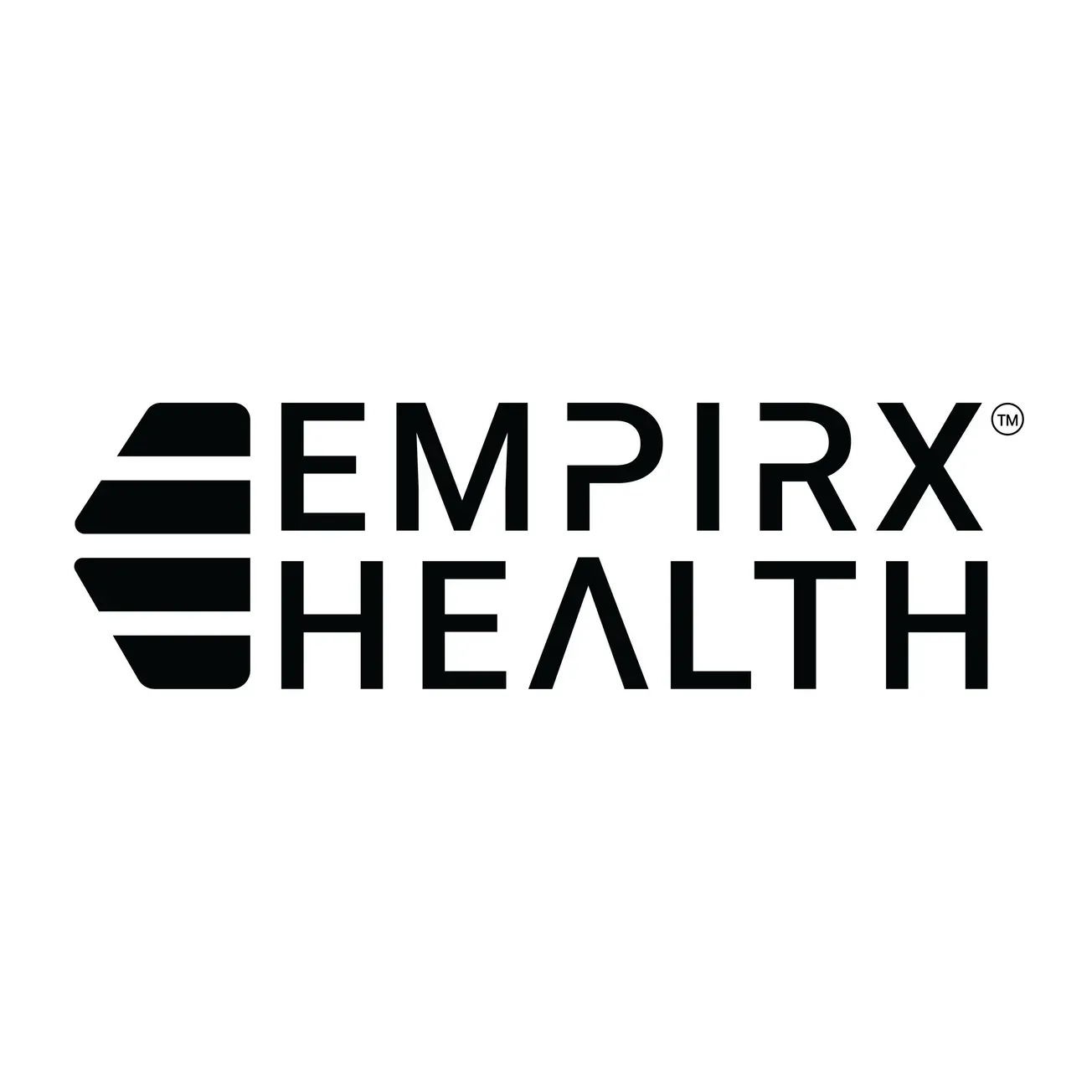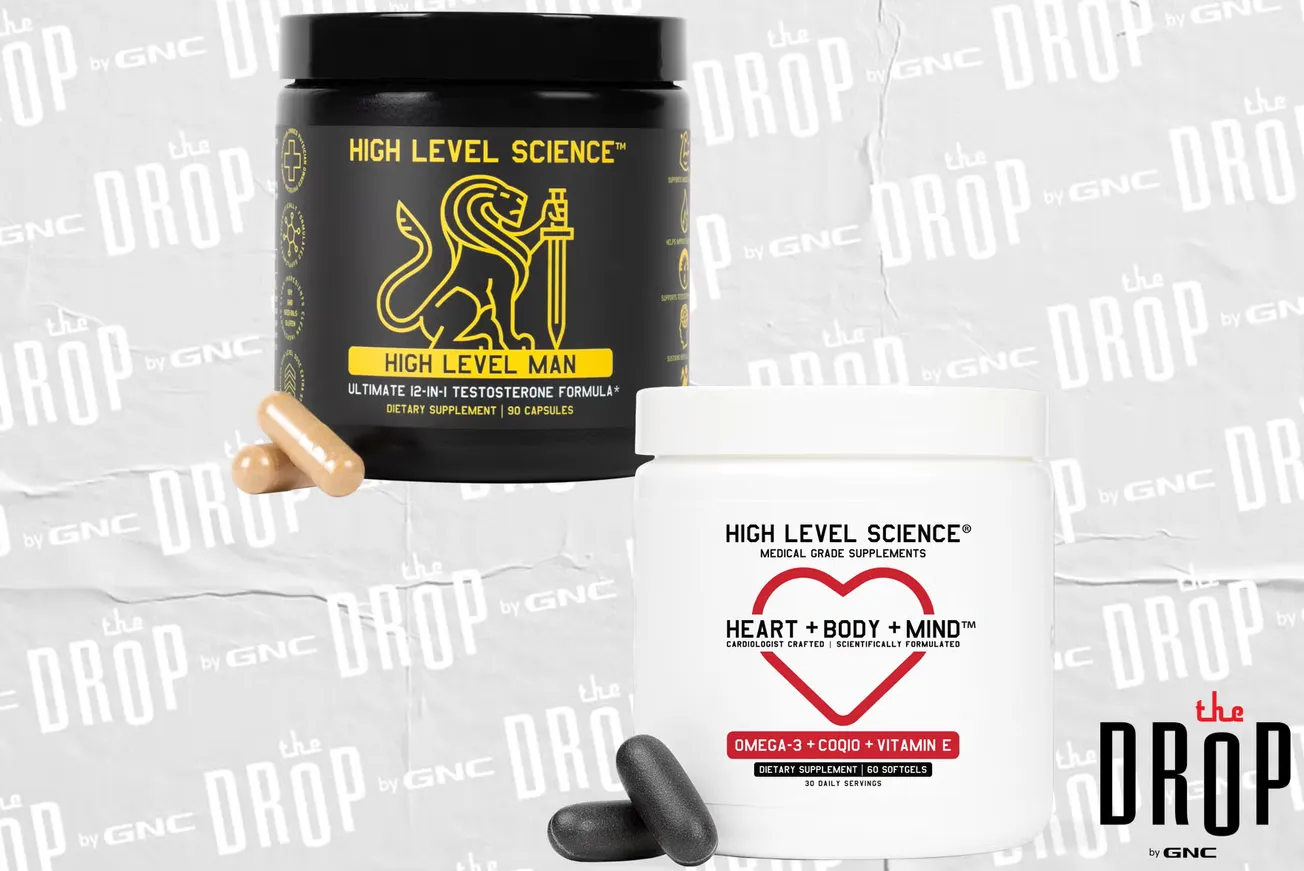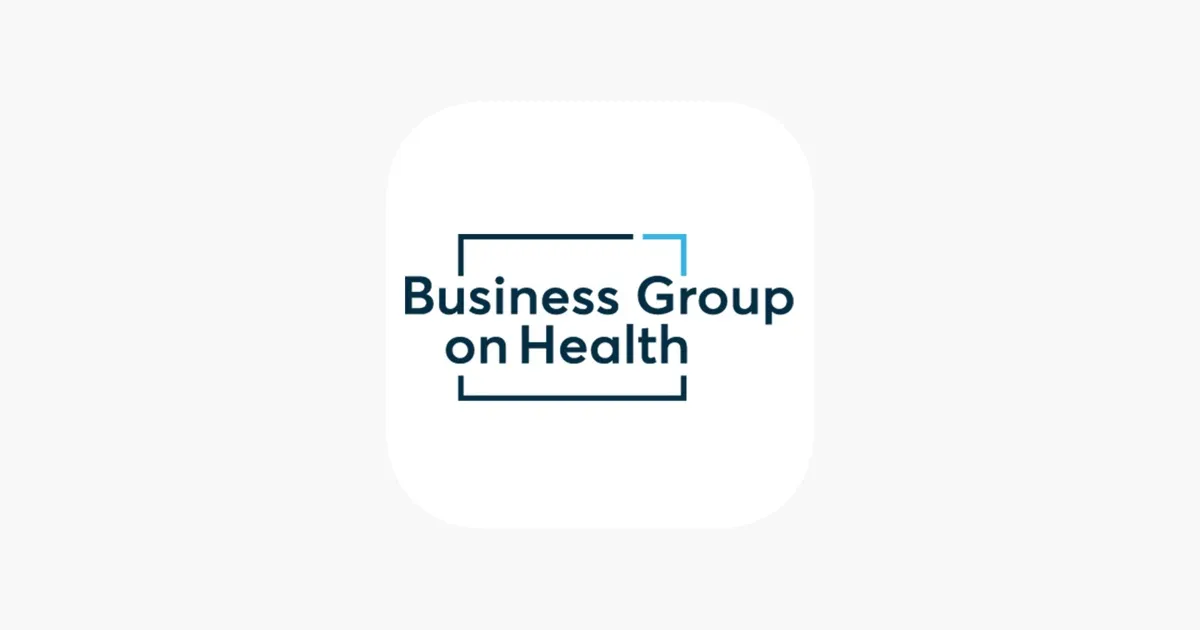By Ronald Piervincenzi, CEO, U.S. Pharmacopeia (USP)
As it has in years prior, the generics industry continued to face serious challenges in 2024, including longer-lasting drug shortages, ongoing concerns around the development and delivery of medicines, and growing doubts — some based on misinformation — about their quality. Data from the U.S. Pharmacopeia (USP) Annual Drug Shortages Report, published in June, and USP’s Medicine Supply Map, also indicate that there are a high number of drugs in shortage and ongoing difficulties with producing and maintaining a reliable supply of generic medicines.

Patients rely heavily on generic medications, as an estimated 91% of all prescriptions in the U.S. are filled with generic drugs. Before they’re approved, generic drugs undergo a rigorous safety and efficacy review from the Food and Drug Administration. To determine whether a manufacturer has satisfied safety and efficacy requirements, FDA scientists conduct a thorough evaluation of all data and evidence available, including product quality; manufacturing and analytical testing data; bioequivalence and stability studies; toxicology studies, if necessary; and inspections of the manufacturing facility.
Although products undergo this strict review and approval process, questions from patients — and in some cases, health care providers — can still arise. These may stem from product recalls, distribution of contaminated or substandard medicines or drug shortages — all of which prevent generics from reaching the hands of patients and limit access to treatment options they often desperately need. If patients are not confident that their medications will be available when they need them or work as expected, they feel less comfortable beginning or continuing treatment, which can negatively impact their health.
As we look ahead to a new year, a new administration and a new Congress, there is renewed opportunity for manufacturers to reaffirm their commitment to quality by showing patients, health care providers, and consumers that they can trust in science and the quality of generic medicines.
Evaluate existing quality control processes
Without proper attention, the pharmaceutical supply chain is vulnerable to quality issues at almost every stage, from the sourcing of ingredients to manufacturing to delivery. Although the FDA oversees a comprehensive regulatory system to help assure the quality of medicines, generic drug manufacturers must take proactive steps, such as investing in quality systems and complying with regulations for current Good Manufacturing Practice (cGMP) testing. Manufacturers are also required by law to adhere to science-based standards for the safety and efficacy of medicines, which include the public quality standards available through USP and the validated quality testing methods to ensure the quality of medical products.
The perception of the quality of medicines in our supply chain seems to have been conflated with the stability of the supply chain itself. Patients need both a reliable supply chain and quality medicines.
According to USP’s Annual Drug Shortage Report, in 2023 the U.S. experienced the highest number of drug shortages in the past decade. The average duration of these shortages increased from two years in 2020 to three years in 2023. Generic medications are typically more vulnerable to shortage than brand-name drug products, largely due to the lower prices of generic drug products, the lack of incentives for manufacturers to remain or enter the generics market, and the low level of margins that limits investment in redundant manufacturing and next-generation quality systems. For example, sterile injectable medicines in shortage are priced 8.5 times lower than those not in shortage — at $46 compared to $392 per unit — demonstrating the ongoing economic challenges that generic sterile injectable manufacturers face when they enter the market.
The frequency and length of drug shortages have been exacerbated by a 40% increase in the discontinuation of drug products in 2023. This has heightened patient concerns about the availability, safety and efficacy of generic drugs.
These data suggest that market forces, particularly pricing, play a significant role in drug shortages. To help manufacturers continue to invest in quality assurance and meet or exceed regulatory expectations, policy makers and public and private drug purchasers should establish and utilize payment and purchasing models that value and incentivize supply chain quality, resilience and reserves for drugs vulnerable to shortages. This will require developing or adopting objective metrics of quality, resilience and reserves to drive these incentives.
Increase industry options for validated third-party testing
In early 2024, the FDA publicly expressed concerns over the use of unvalidated third-party quality testing, a practice that could compromise trust in the safety and quality of generic drug products. In response to misperceptions about quality — possibly driven by misinformation — more pharmaceutical buyers are seeking product quality testing through third-party labs that use unvalidated, undisclosed testing methods. For over 200 years, USP has been developing and refining public quality standards and solutions through work with scientific experts to provide the pharmaceutical industry and regulators with reliable resources that stakeholders can trust. USP’s offerings — which include compendial standards and other noncompendial products — allow manufacturers to evaluate the quality of medicines using scientifically validated methods.
Generic medicine manufacturers can also voluntarily participate in USP’s Pharmaceutical Product Quality Testing (PPQT) program, which was established to provide an alternative to the use of unvalidated test methods by third-party labs and to increase purchaser confidence in the quality of generic medicines. The PPQT program will perform testing utilizing validated methods that are part of USP’s public quality standards or other FDA-accepted test methods on enrolled medicines procured from the commercial supply chain in the U.S. The program will also share passing testing results with organizations that purchase generic medicines to inform purchasing and procurement decisions, improving industry confidence in the quality of generics.
USP is always looking to expand our portfolio of standards and solutions to include materials that will assist manufacturers in developing and quality testing products, ultimately helping ensure patients have access to affordable, quality medicines. By adhering to scientifically validated testing methods and quality standards, generic drug manufacturers can protect their reputations, potentially reduce drug shortages and improve patient access to quality medicines.
Reaffirm commitment to quality
Evaluating and ensuring the quality of drug products throughout their life cycle is a shared imperative among regulators and the pharmaceutical industry. By collectively prioritizing the availability of quality generic medicines, we can safeguard patient health and establish a more resilient medicine supply chain.


